THE UNIVERSITY OF SASKATCHEWAN’S MAIN CAMPUS IS SITUATED ON TREATY 6 TERRITORY AND THE HOMELAND OF THE MÉTIS.
THE UNIVERSITY OF SASKATCHEWAN’S MAIN CAMPUS IS SITUATED ON TREATY 6 TERRITORY AND THE HOMELAND OF THE MÉTIS.
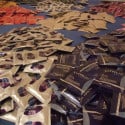
By Kimberley Hartwig November 24, 2012
On Nov. 14 the United Nations declared contraception a universal human right. A report from the United Nations Population Fund titled State of World Population 2012 declared that “governments, civil society, health providers and communities have the responsibility to protect the right to family planning for women across the spectrum, including those who are young or unmarried.”
But what does this really mean? The U.N.’s declaration has no legal ramifications, which raises the question, “So what?”
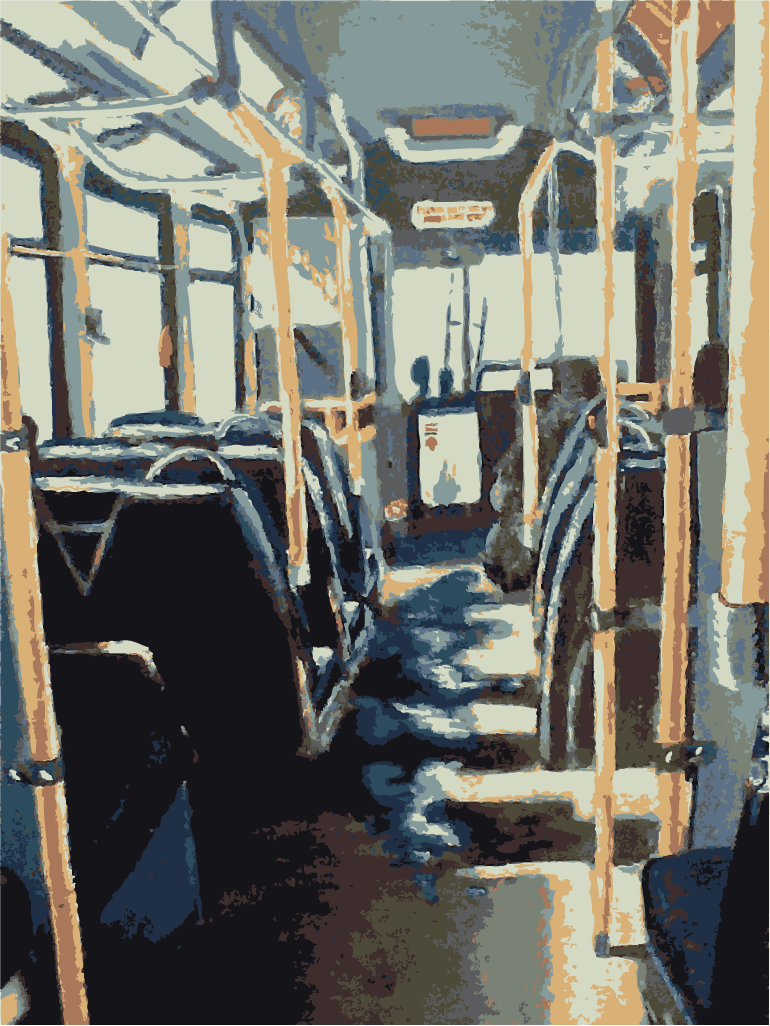
By Travis Homenuk November 22, 2012
When it comes to voting for anything on campus, I usually don’t give two fucks. I vote for the University of Saskatchewan Students’ Union executive, yes, but I could hardly care less who wins or loses. However, I was ecstatic when I heard about the spring and summer U-Pass referendum. This was a vote in which I really wanted to participate and I’m not at all surprised that students actually took the time to vote in favour of this motion.
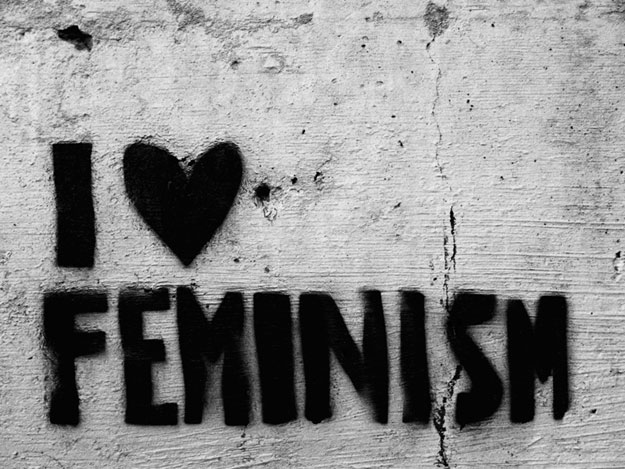
By The Sheaf November 17, 2012
First of all, I am a feminist. Now, I’d like to believe that I live in a time and place where a man calling himself a feminist is the norm, but that sadly isn’t the case.
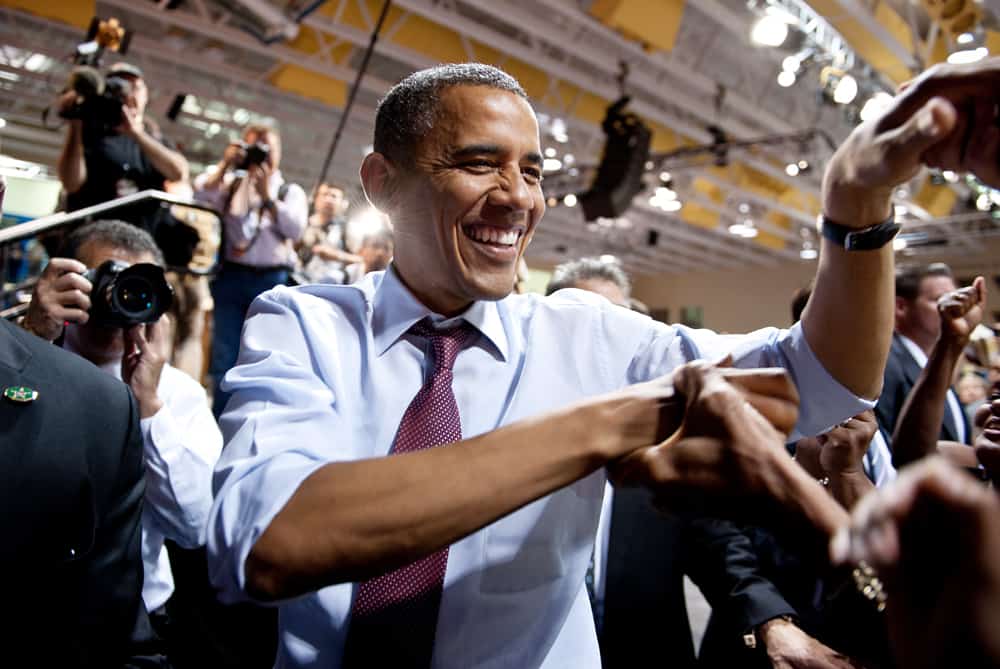
By The Sheaf November 17, 2012
As someone who has US President Barack Obama as her Facebook profile picture, it is probably pretty obvious that I wanted him to be elected to a second term in the oval office. Supporting Obama also means that I have to fend off criticisms from the roughly 70 million Americans who voted for Republican Mitt Romney, not to mention right-wing Canadians.
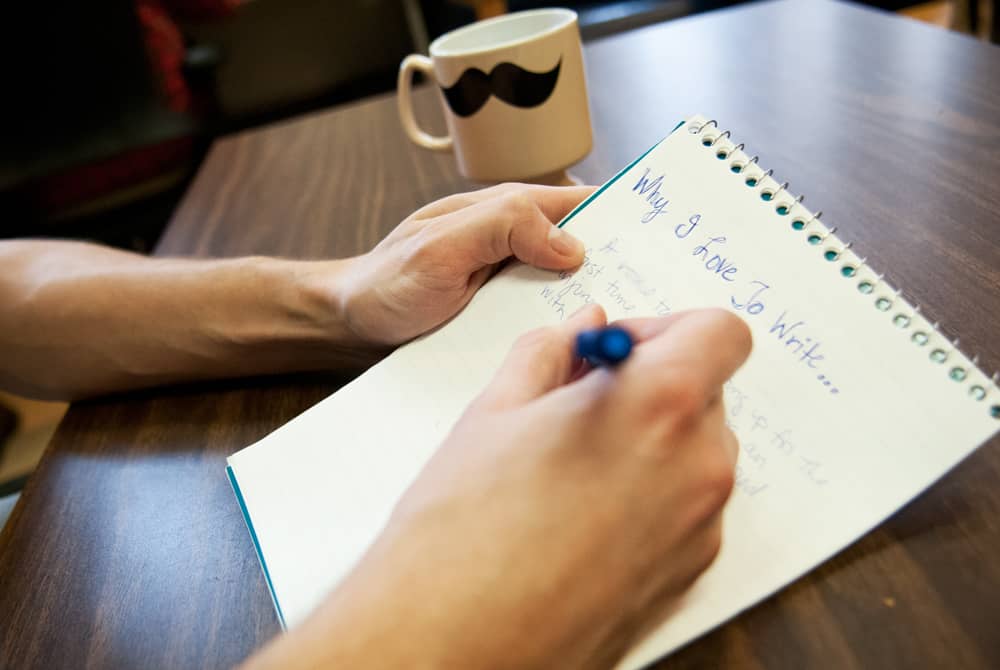
By Kimberley Hartwig November 16, 2012
I still remember the first time my writing was published. I was in fifth grade and I wrote a haiku about water lilies. I don’t think I had ever been more proud of myself.

By Ishmael N. Daro November 15, 2012
Do you consider 18-year-olds to be adults? Should an 18-year-old be allowed to vote, buy porn and cigarettes, and fight in the military? Most people won’t hesitate to answer yes. So why can’t an 18-year-old adult have an alcoholic beverage?

By The Sheaf November 14, 2012
It’s the most wonderful time of year. And no, it’s not Christmas. It’s Movember! On the 1st of November, messages all over the internet, including from peers, encouraged men to shave one last time before growing out their moustaches with the intent of raising funds and awareness for prostate cancer.

By Canadian University Press November 10, 2012
Physician-assisted suicide, a form of euthanasia in which a doctor helps a patient end his or her life at the patient’s request, is legal in many parts of the world, including the Netherlands, Belgium, Switzerland, Luxembourg and certain American states such as Oregon and Washington. So why is it taboo in Canada?